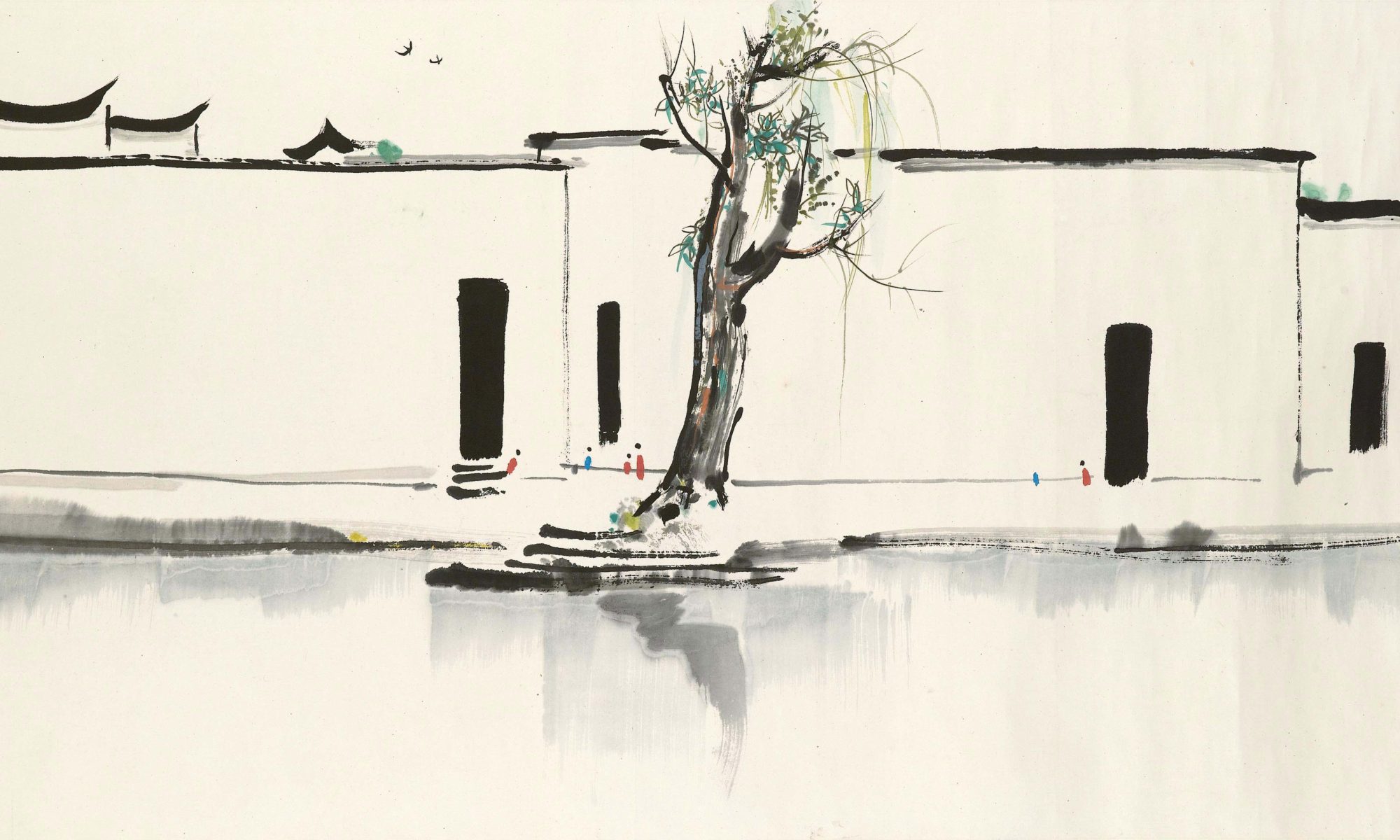Decenter Journal – Read away from the center! Resist indoctrination!
It seems strange to see a sea of people crowding in an airport, waving the national flag, and waiting for just another not-so-special civilian coming back to China after prolong legal trouble overseas. It did not even happen for Sergent Bergdahl; the Talian captured U.S. soldier released after five years; whether he worth it or not, that’s another story.
To understand the Chinese reaction to the release of Meng, you have to go back 200 years and learn what the Chinese have gone through during this period of time.
200 years of bullying, plundering, and the rape of national pride

1842 – The Treaty of Nanking
Britain imported large quantities of profitable opium to China for balancing the trade deficit resulting from Britain’s importation of Chinese goods, such as tea. Britain forced peasants in its colony, India, to grow opium poppies to sell opium in China, although the importation and sale of opium were illegal under Chinese law. When a Chinese government official seized British opium cargo in 1841, Britain declared what became known as the First Opium War. Britain won the war and imposed on the defeated Chinese a one-sided treaty with onerous treaty obligations, including the cession of Hong Kong to British’s rule. China was invaded because they did not want to be a drug addict anymore.
1900 – The Battle of Peking (the Eight-nation alliance)
The Eight-Nation Alliance was the siege of Beijing during the Boxer Rebellion – a military movement against the increasing foreign intervention and the growing control of the European countries in China in an absolute imperial way. The eight nations, including Austria-Hungary, Britain, France, Italy, Germany, Japan, Russia, and the United States, took this opportunity to invade Beijing for full-scale plunder and massacre. After the siege, the occupation of Beijing by European imperial powers begin. When you go to the British Museum, you will see all the loots from China displayed. An American journalist described the siege as “the biggest looting expedition since Pizarro.”

1921 – The treaty of Versailles
During the First World War (1914–1918), China supported the Allies on the condition that the Shandong peninsula, which was occupied by the German Empire prior to its occupation by Japan in 1914, would be returned to China. The Treaty of Versailles, however, states that the territory is transferred to Japan rather than returning to China. The allied has broken its promise, which infuriated the Chinese and led to a widespread student movement in China. Eventually, the Chinese left the meeting in Paris without signing the treaty.

Nation-wide student movement against the unfair terms of the treaty
1937-1945 – Japanese Invasion
No words for the Japanese Invasion. The photos tell all.





Sadism everywhere.
The Present – 2021
Now we go back to the present. Meng was detained in Canada because the United States claimed that she deceived HSBC on her company’s business relationship with Iran. Now the readers might be scratching their heads. Meng’s banking relationship with HSBC and Huawei’s business in Iran? How does the United States come into the picture of this tripartite relationship? Well, there is no role whatsoever for the United States. The incident is only the all-too-common legal tactic for the U.S. to use for preventing businesses in another country to grow to pass them. Pierre Bilger, the former CEO of Altom in France, who did jail time in the United States and experienced a similar plot as Meng, can tell you all about this legal weapon. So what do the 1.4 billion Chinese people see in the acts of the United States to Meng? The incident calls back the painful memories of the 200 years of bullying and slaughtering of the Chinese people and the 200 years of plundering the Chinese nation. No wonder they sing, dance and wave the national flag when Meng steps on the Chinese soil again. It was a manifestation of “no bullying ever again.”
Reference:
About Nanking Massacre
Law as Weapon
Former Alstom executive warns Huawei of U.S. using ‘law as economic weapon’


